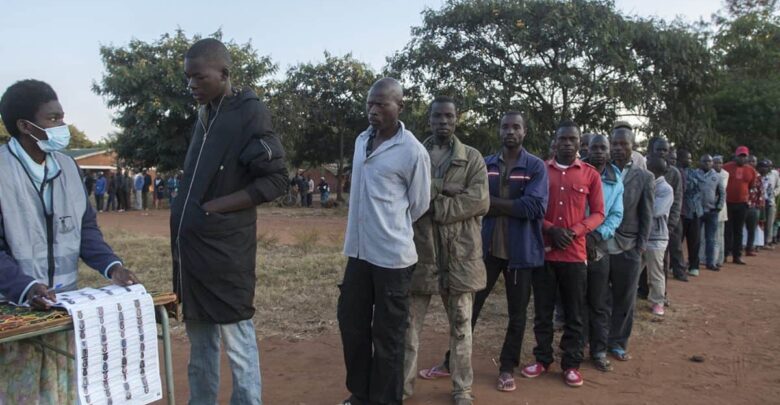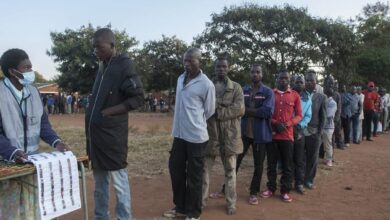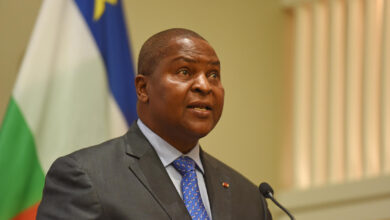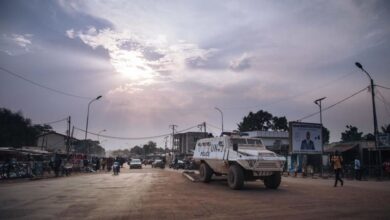Central African Republic
CAR Election: About 800 Polling Stations Remained Closed On Election Day

The electoral commission of Central African Republic (CAR) on Monday said more than 14 percent of polling stations in the country failed to operate during Sunday’s presidential and legislative election as armed rebels attacked voters and barred electoral staff from working, reported Africa News.
During a news conference in Bangui, Theophile Momokouama, an executive of the electoral authority, said about 800 out of a total 5,408 polling stations nationwide did not open on the day of the election.
“There were localities where voters were brutalized, threatened with death,” Momokouama said. “The electoral staff were forbidden to deploy on the ground.”
According to the United Nations, more than 55,000 people have fled their homes for fear of violence in recent weeks. The Human Rights Watch said at least five civilians had been killed.
Notably, armed groups protesting against President Faustin-Archange Touadera, who is seeking a second term, have carried out attacks and threatened to march to Bangui, and disrupt the election after the constitutional court rejected the applications of several candidates, including former President Francois Bozize.
While several opposition candidates and a coalition of armed groups – the Coalition of Patriots for Change (CPC) –called for the elections to be delayed, the CAR government and the United Nations rejected the call and continued with the election.
Touadera, who is the most preferred presidential candidate and is strongly favored to be re-elected, is expected to face competition from Anicet Georges Dologuele, a former prime minister who finished runner-up in 2016 and is supported by Bozize.
Vote counting started on Sunday and full provisional results are expected by the end of the week. But, final voting results are not expected before January 18. There will be a second round of election on February 14 if no candidate receives more than 50 percent of the vote in the first round.






